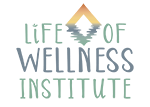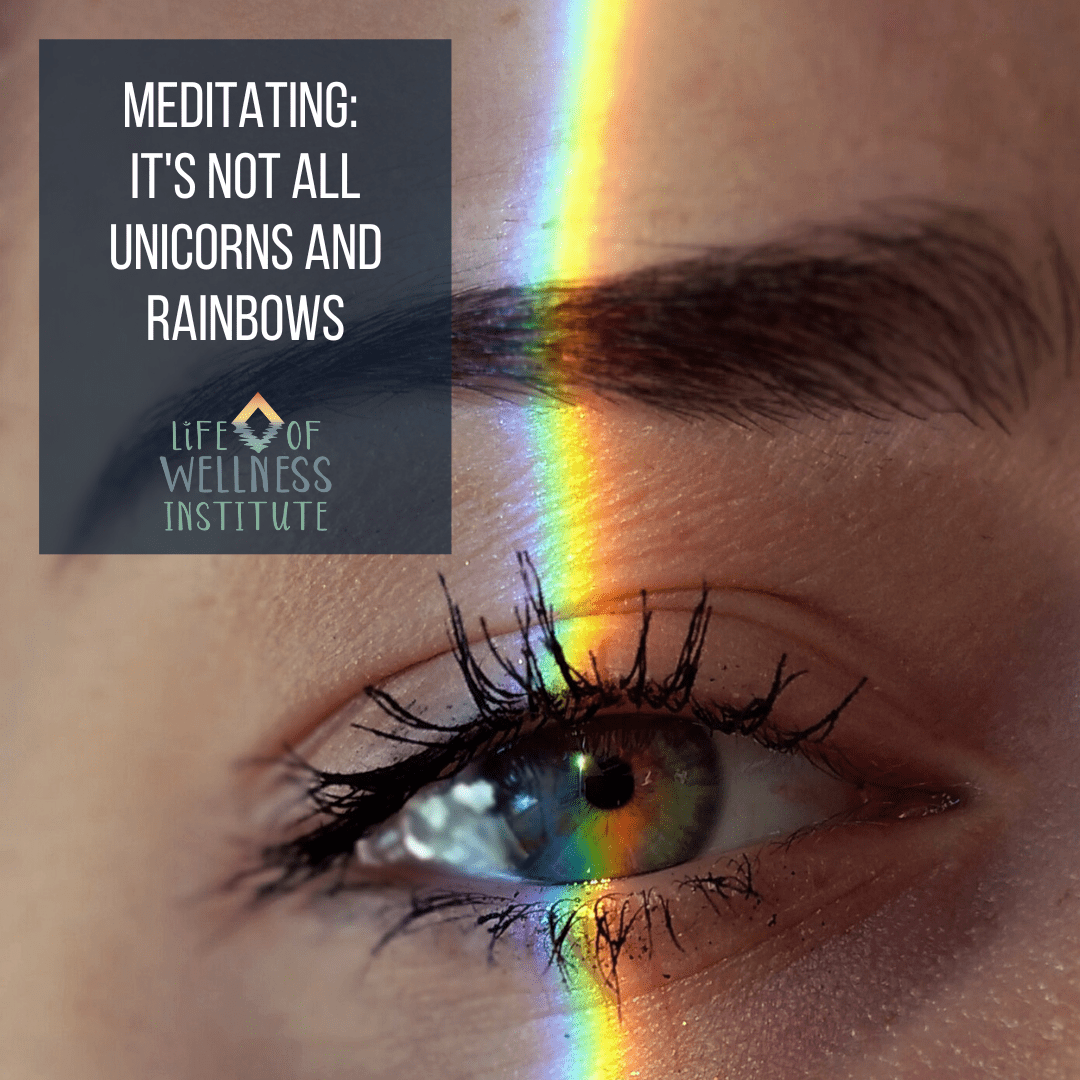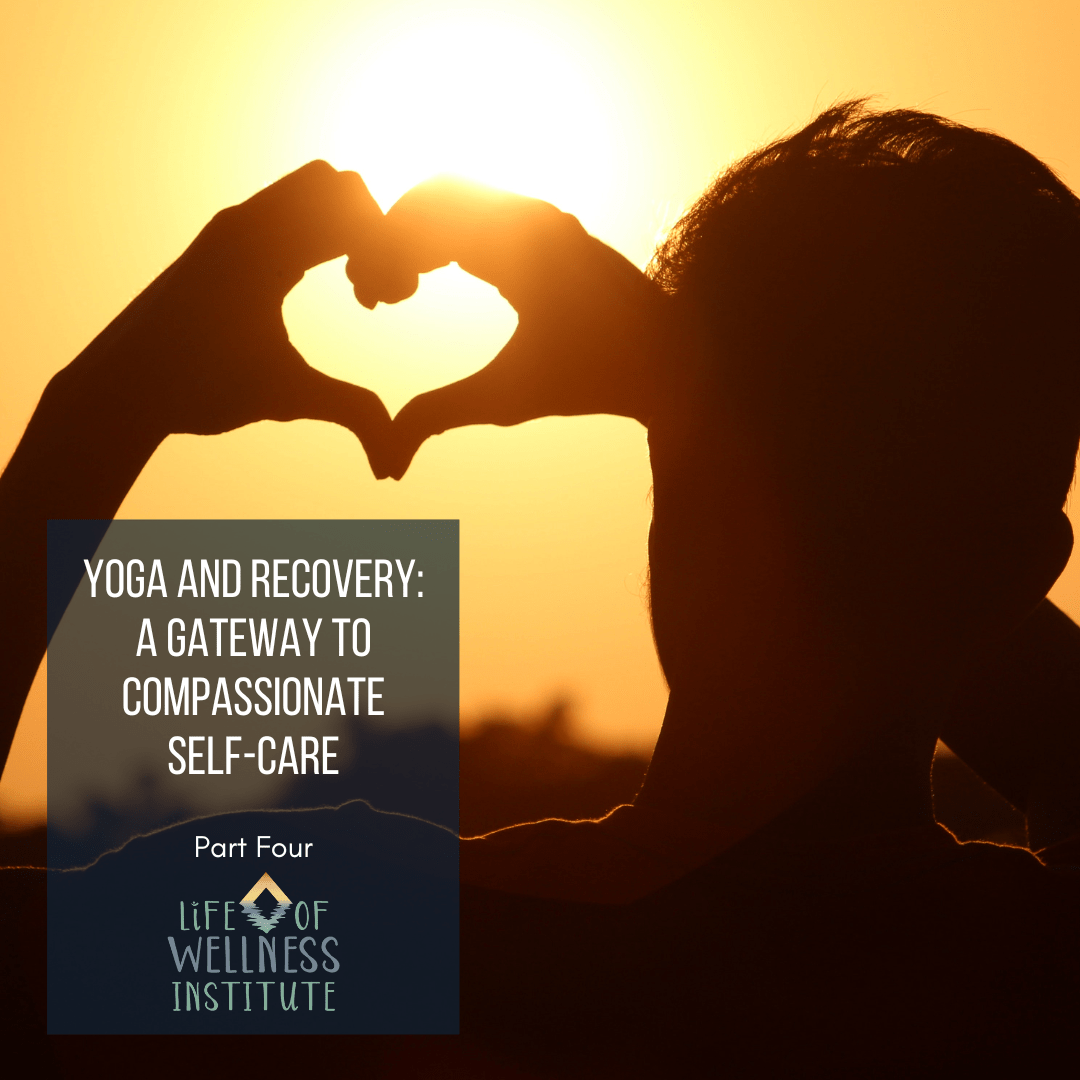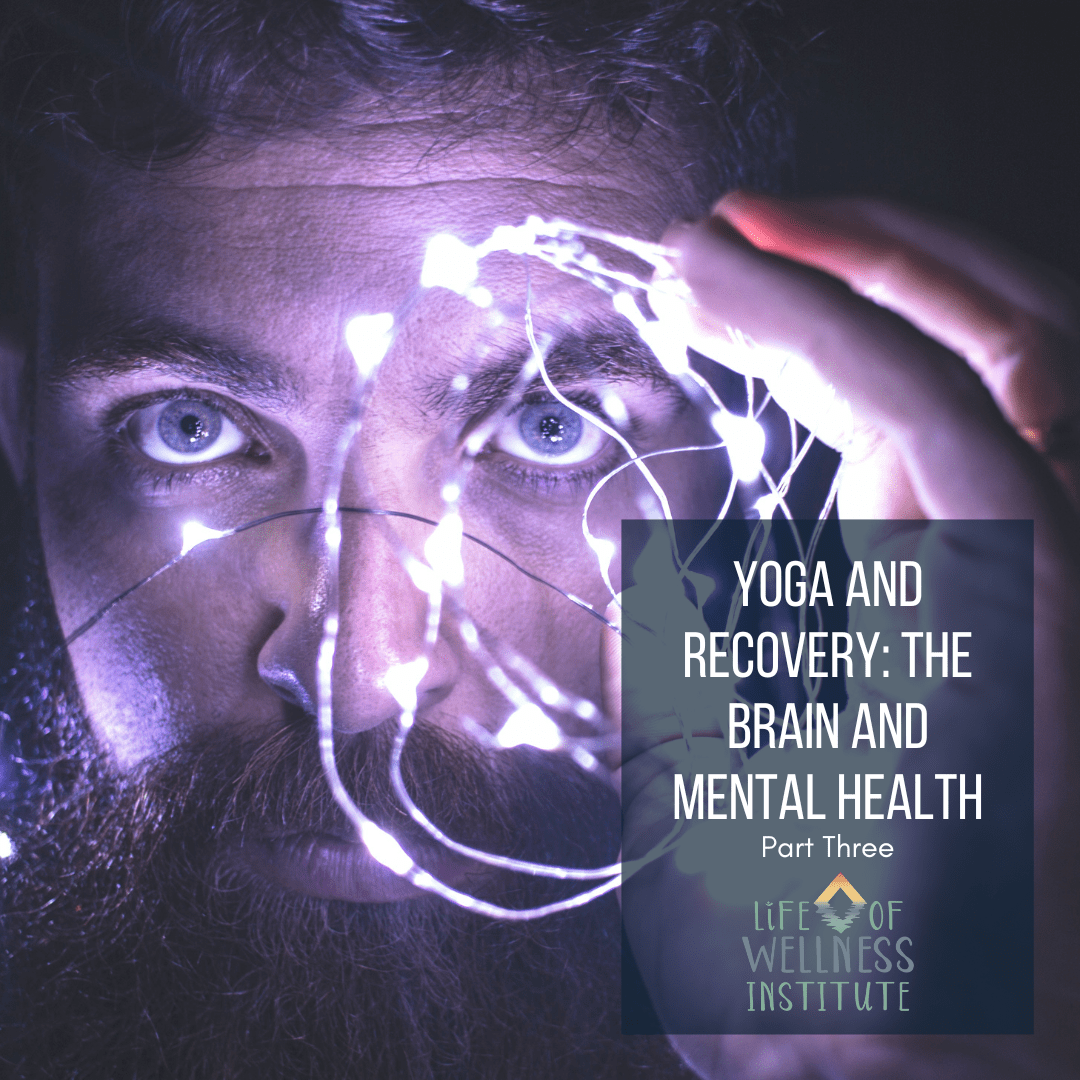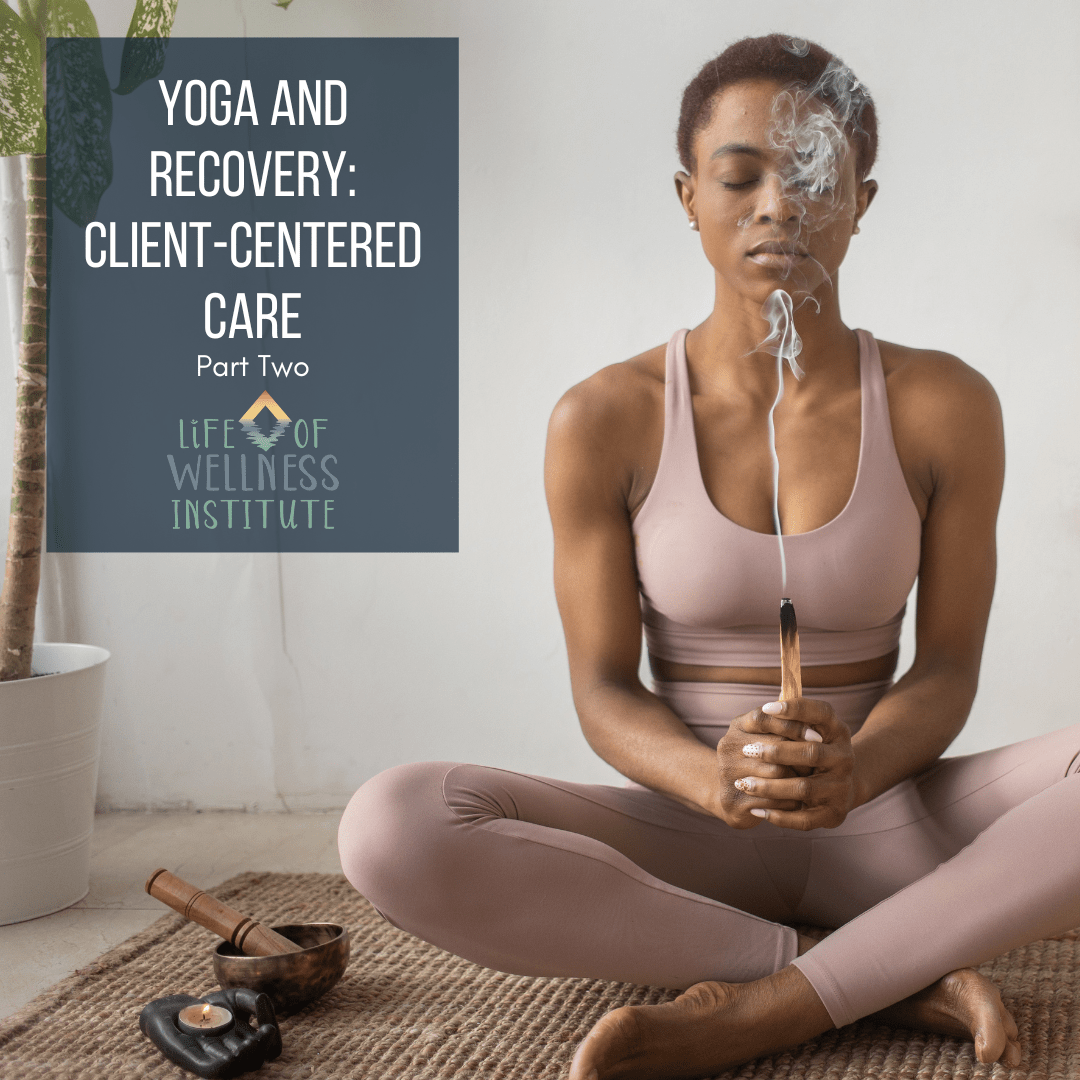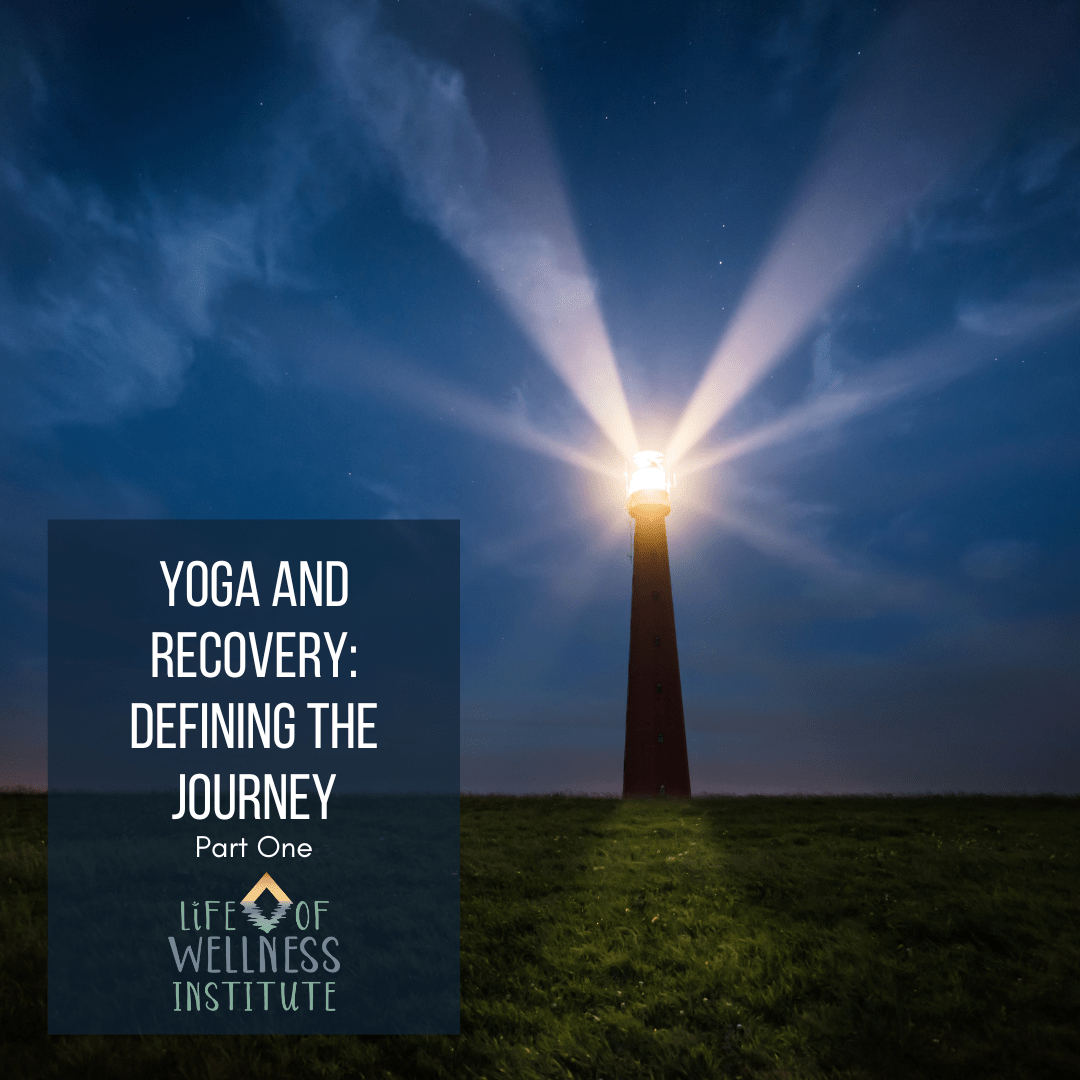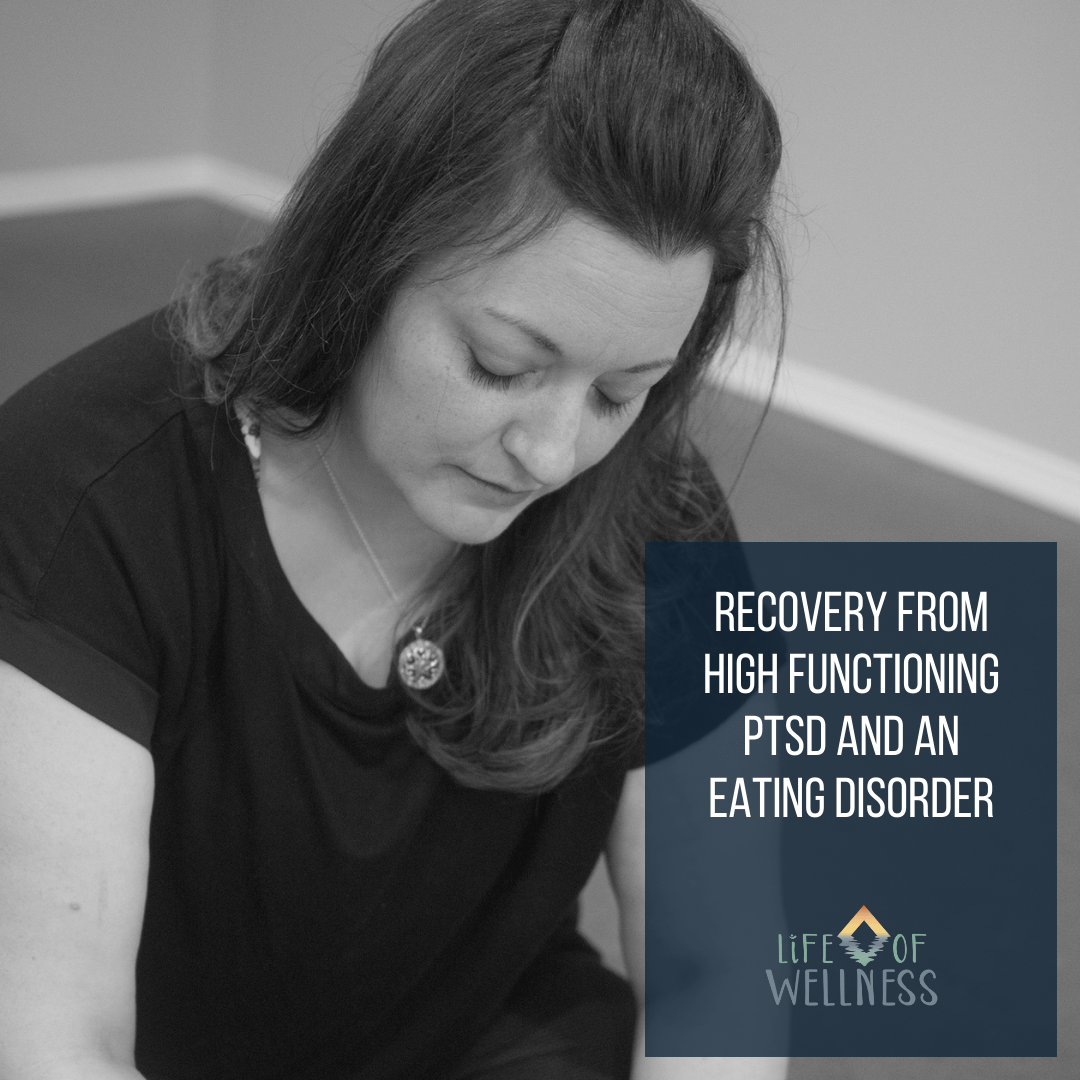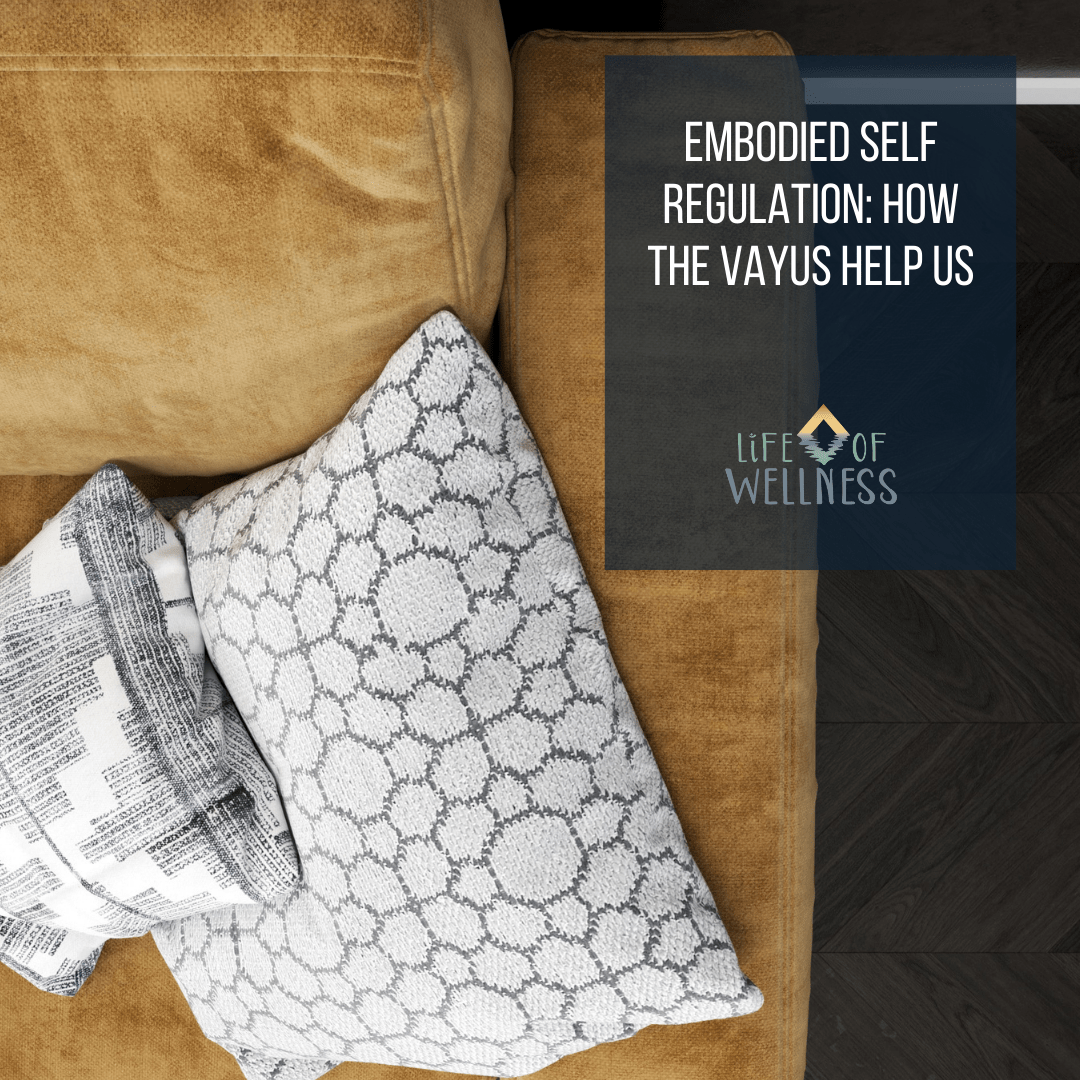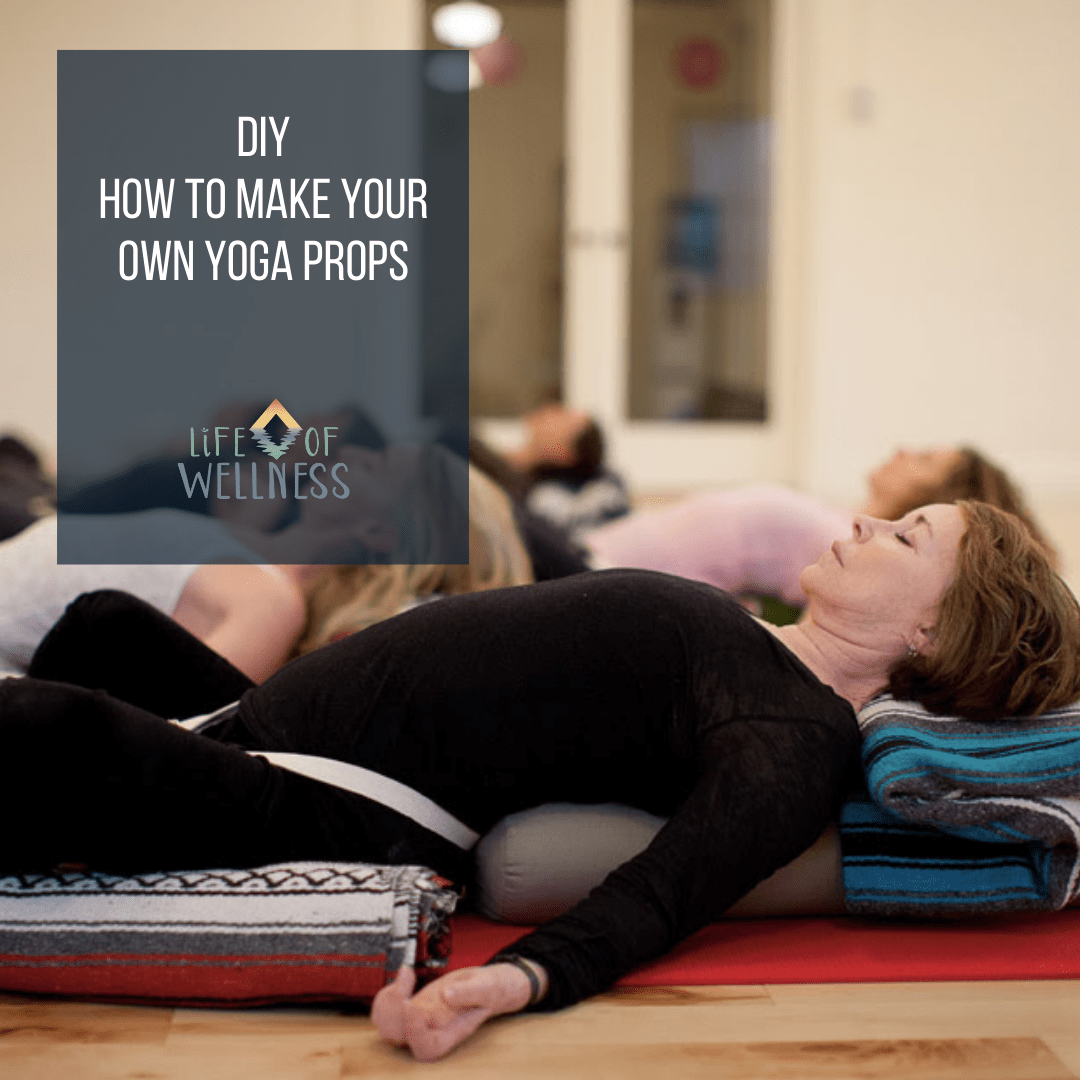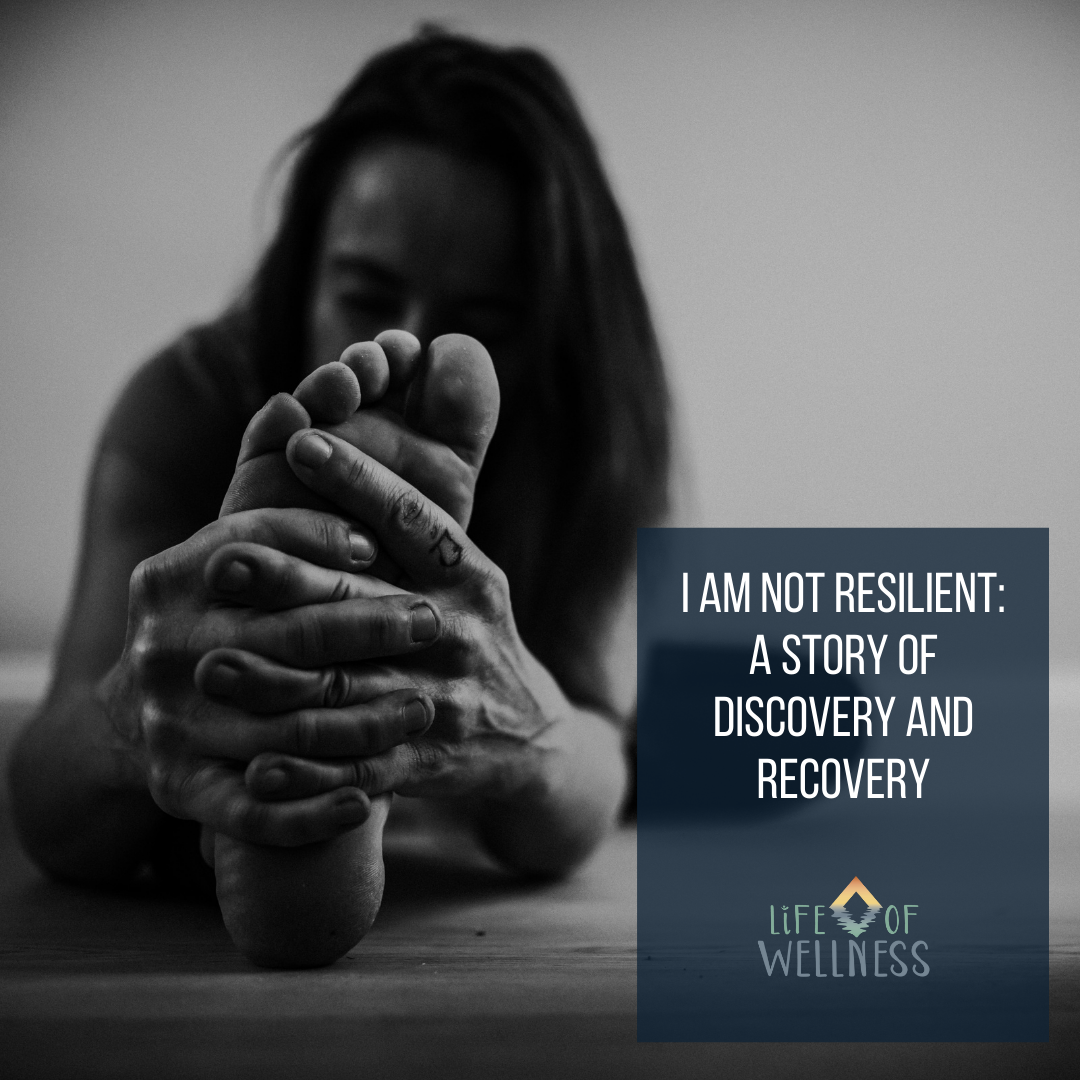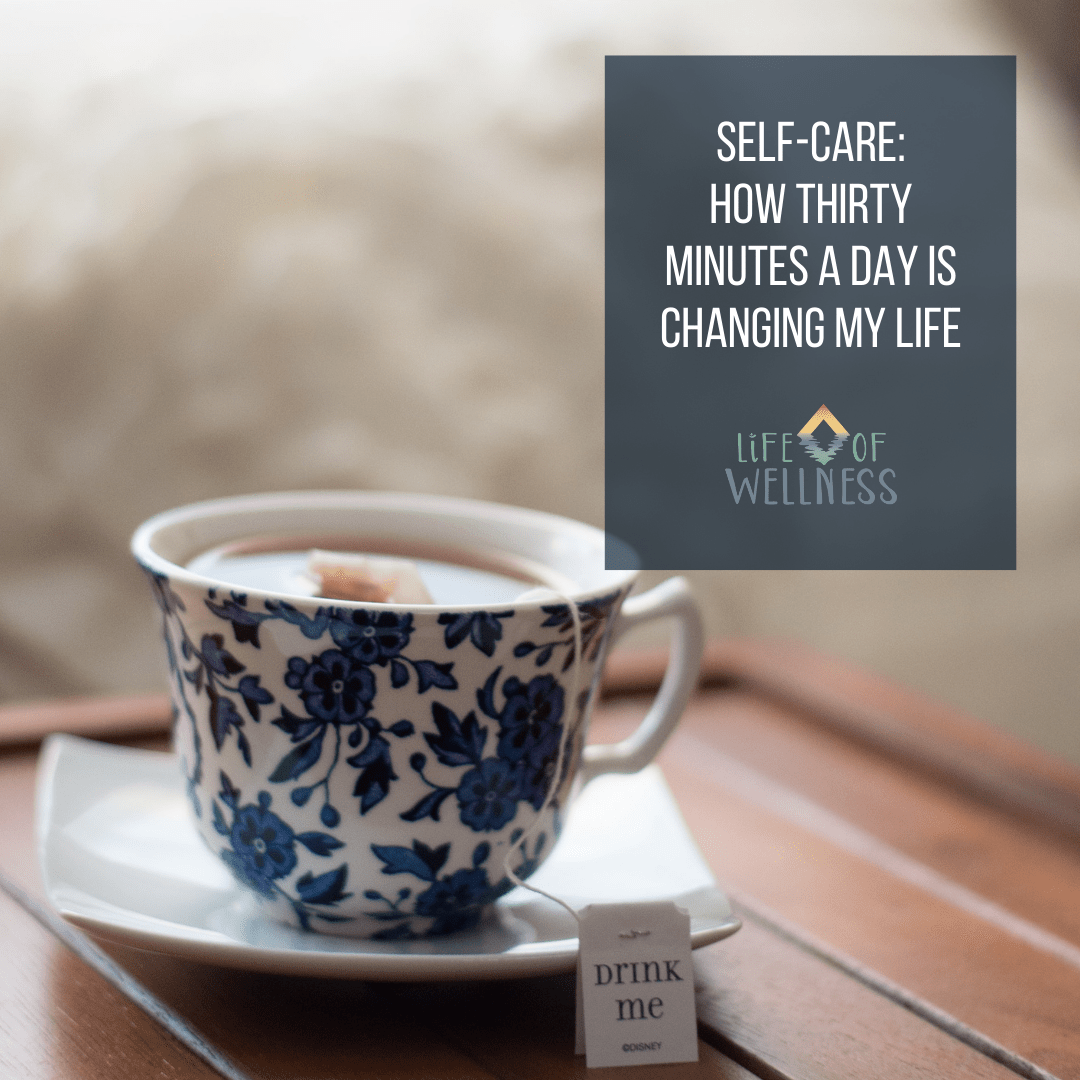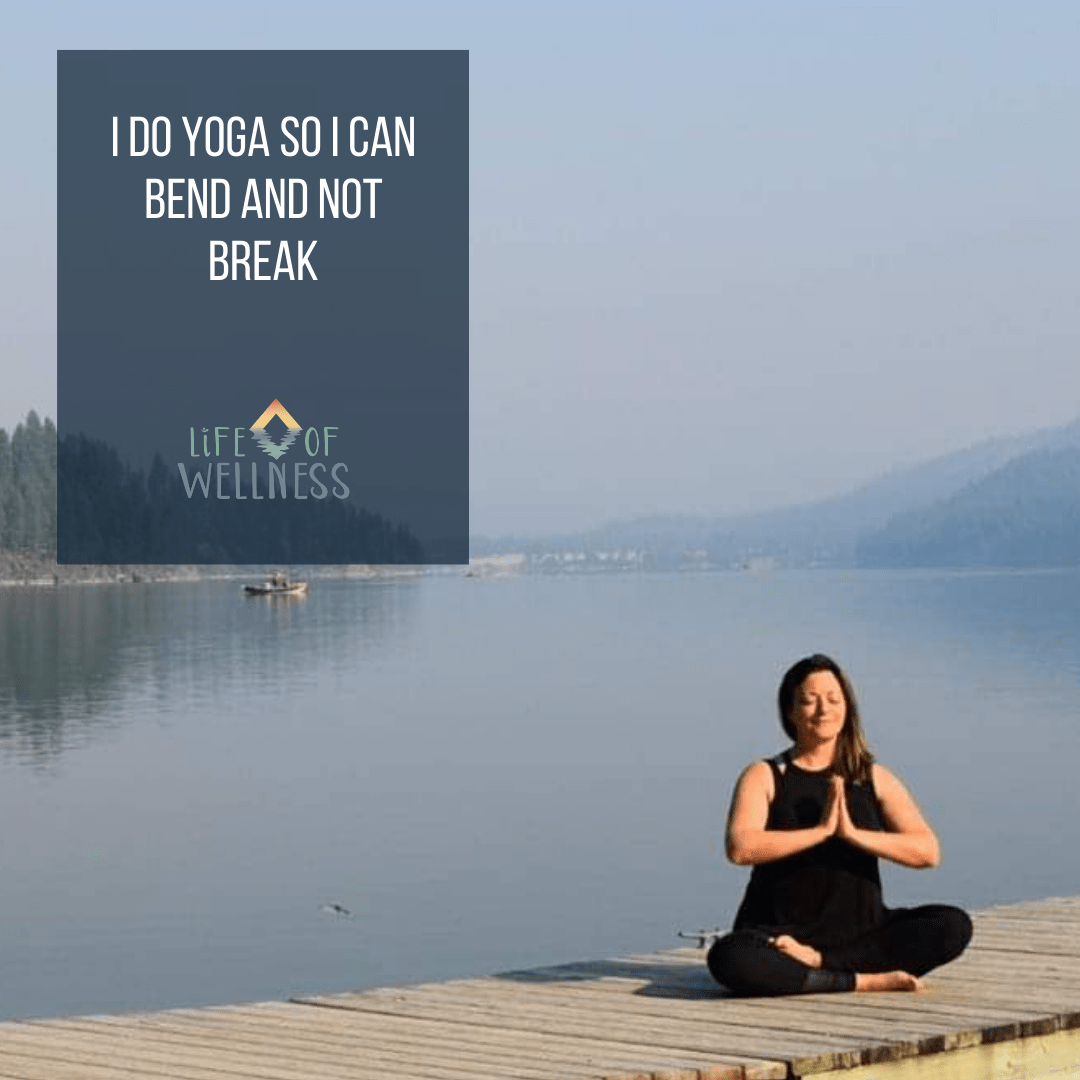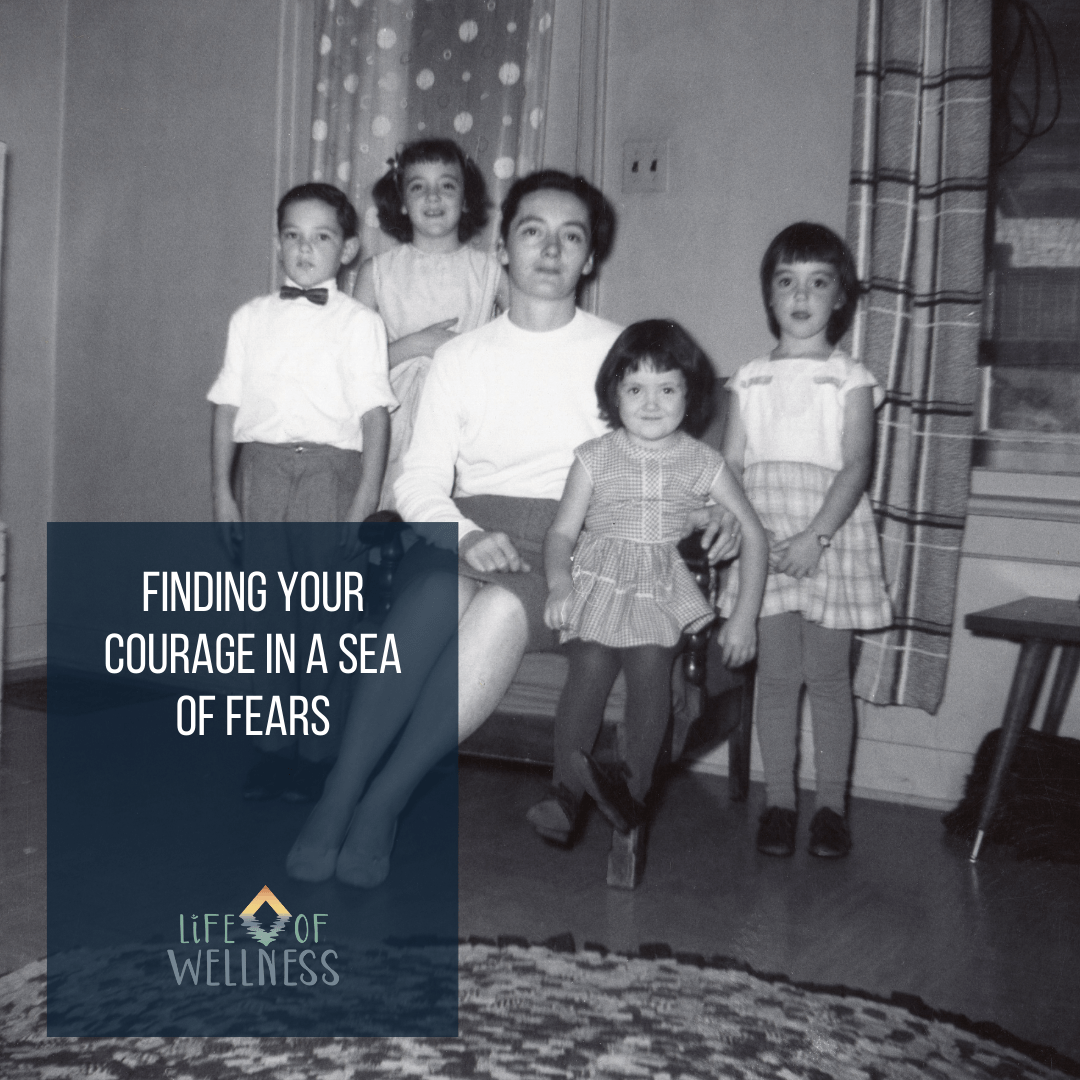Mental health is a tender human experience, and we must be mindful of how we discuss it and share practices, like meditating, that may support us through it. Meditating is often touted as a “cure-all” for mental health. While it may be a helpful practice, it is neither a panacea nor easy. This misinformation is a disservice to those who may be helped by meditating. Continue Reading
Yoga and Recovery: A Gateway to Compassionate Self-Care
Yoga encourages us to engage with loving kindness, listening interoceptively, recognizing and honoring our boundaries, and knowing it is safe to gently and progressively challenge our edges. We learn to see ourselves as deserving of compassion when facing challenges and difficulties—as human beings facing tender human experiences. We learn we can experience life without feeling powerless, needing to distract, engage in maladaptive coping to not feel our experiences. Continue Reading
Yoga and Recovery: The Brain and Mental Health
Yoga is like weightlifting for our brain, our brain cells develop new connections, and changes occur in brain structure as well as function, resulting in improved cognitive skills, such as learning and memory. Yoga strengthens parts of the brain that play a crucial role in memory, attention, awareness, thought, and language. Continue Reading
Yoga and Recovery: Client-Centered Care
We MUST feel safe to explore our somatic experience and trauma, learn coping skills, face the highs and lows, and ultimately recover. So, we need people on our team who are always focused on what is best for us. Practitioners who can adapt their approach for our benefit sit with us in our resistance and hold space for working through it without attachment to the result. We need caring professionals on our court, working with us and focused on helping us reach our recovery goals. Who responsibly helps us explore our experiences as we learn to cope and self-regulate. Who understand the emotional cycles and rollercoasters of shame, pride, resistance, acceptance, love, and loathing. And sits with us when this darkness comes with compassion and helps us find our way to safety. Continue Reading
Yoga and Recovery: Defining the Journey
The truth is recovery is messy, challenging, and filled with highs and lows. I’ve learned to live in the moment while playing the long game. In other words, living in the present moment and embodying my life while giving myself time to do the work in treatment and grace when I stumble. Time to curiously explore and discover healthy coping techniques and when they help me. Which has helped me feel more confident and less overwhelmed when symptoms and challenges occur. Continue Reading
Recovery from high functioning PTSD and an Eating Disorder
I have spent my life keeping busy. At the height of it I was working 70-80 hours a week, volunteering over 1200 hours a year, over and above being a married mom of two. Five years ago I left this lifestyle, I even thought I had completed this part of my life. And now I can see, I have spent my life keeping busy because then I never had the time to deal with the pain, the thoughts, the emotions, the trauma. I was filling the space up to not feel. Continue Reading
Embodied Self Regulation: How the Vayus help us
In yoga, we believe that health happens when we allow our experiences to move through us. The vayus or inner winds of energetic movement enable us to self-regulate this energy. n February of 2020, after years of struggle and misdiagnosis, I was diagnosed with PTSD. The year that followed focused on therapy, filled with tears and healing. I never expected the vayus would be so helpful. Part of the healing came from looking at my past and present with fresh eyes; embodying this experience allowed me to understand how my experiences were living in my body. Look into my patterns and the beliefs I have developed over my life. It wasn’t easy and a continual work in progress. But each time I do it, I find the freedom I never dreamed was possible. Continue Reading
DIY How to Make Your Own Yoga Props
With more yoga classes happening online, you may find yourself missing those studio props. Props are an excellent way to enhance, support, and adapt your practice. We recommend props at the Life of Wellness Institute because they aid us in our practice. They allow us to control and isolate the sensations we want to focus on, bring the ground a little closer, support stability, and so much more. If using any of these props brings unhelpful experiences or thoughts, please reach out to your certified life of wellness institute yoga teacher for alternatives. Here are our favorite DIY yoga props ideas Continue Reading
I am not resilient: A story of discovery and recovery
I have learned that being human is balancing two opposites; times to work hard and rest, between strengths and weakness, between the inner experience and the outer experience. Being human means, I am a living, breathing, and evolving being. I will make mistakes and have great successes, and both are perfectly me. Continue Reading
Self-Care: How thirty minutes a day is changing my life
In just thirty minutes of self-care a day, I went from wanting to find time for myself to making time for myself a priority. You can too! Continue Reading
I do yoga so I can bend and not break
When I meet new students, I ask why they love yoga and want to dive deeper into their yoga practice. I always love hearing each answer as it gives me an insight into their experience and how I can support them. Today I want to tell you about the answer that most affected me. She responded, “I do yoga, so I can bend and not break.” Her answer reminded me of how often I hear people say they don’t do yoga because they “aren’t flexible enough” or “not bendy enough.” Each time I hear this, my heart breaks a little. Continue Reading
Finding your courage in a sea of fears
On Remembrance Day, I am always in awe of the stories of unbelievable courage. I’m not sure I can even honestly imagine the strength it takes. To sign up to defend your country knowing you could give your life to do it. Continue Reading
